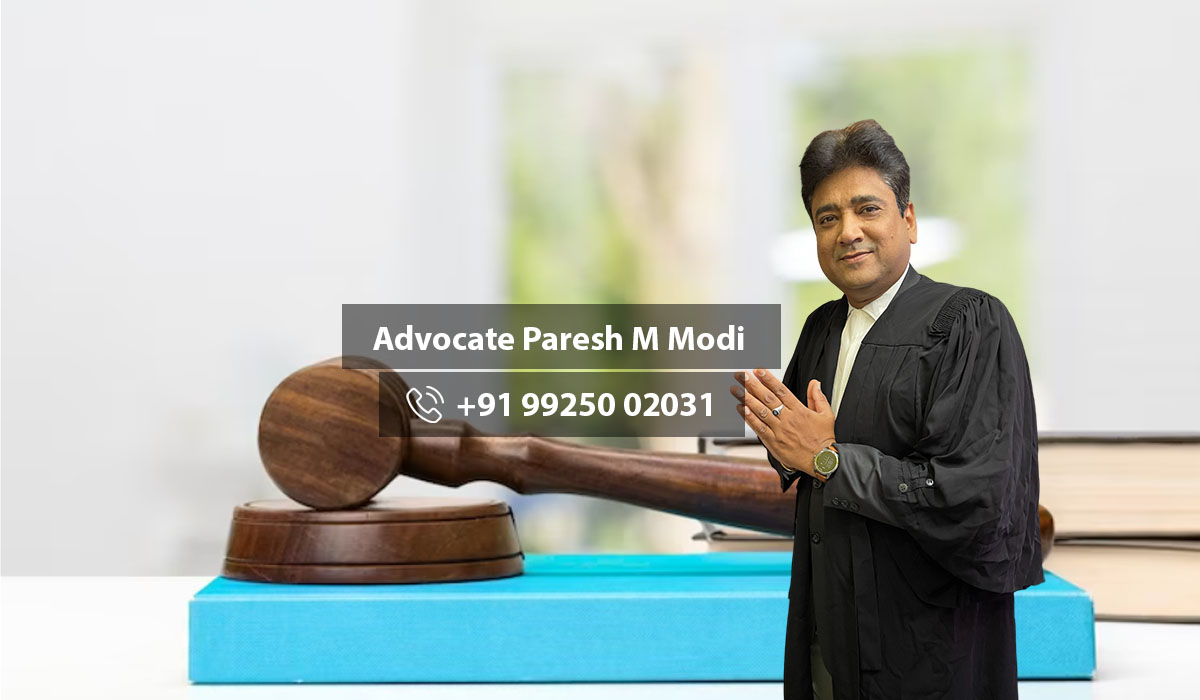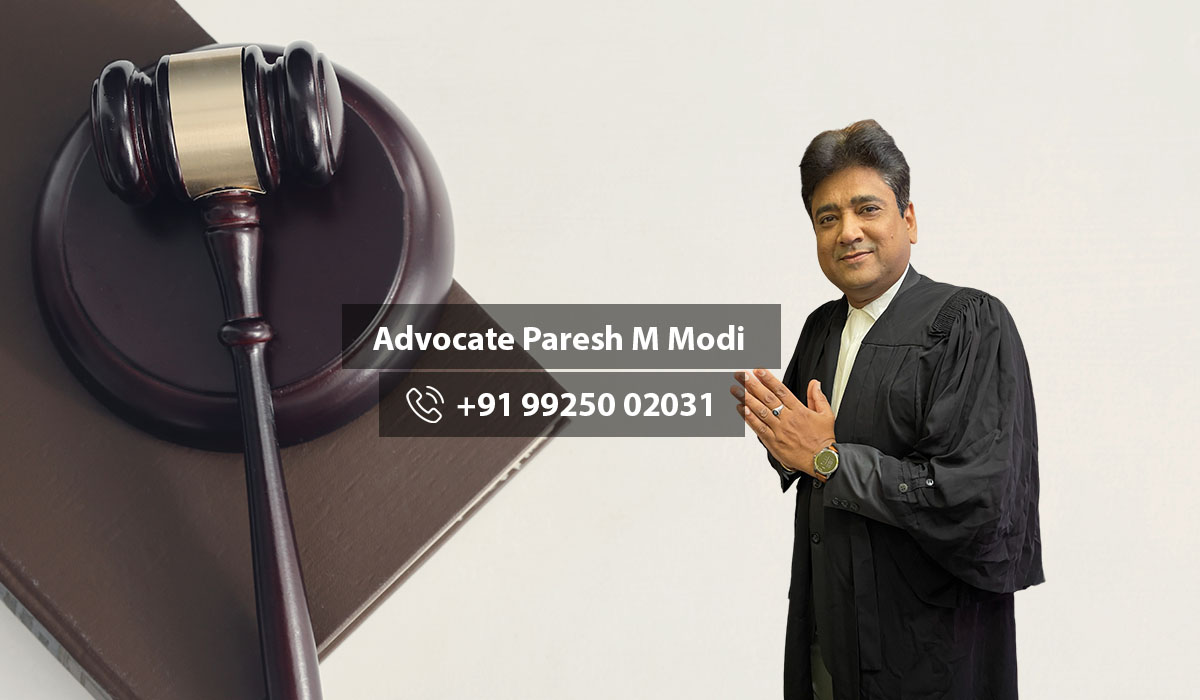Section 154 in The Code Of Criminal Procedure, 1973
(1) Every information relating to the commission of a cognizable offence, if given orally to an officer in charge of a police station, shall be reduced to writing by him or under his direction and be read over to the informant; and every such information, whether given in writing or reduced to writing as aforesaid, shall be signed by the person giving it and the substance thereof shall be entered in a book to be kept by such officer in such form as the State Government may prescribe in this behalf.
Provided that if the information is given by the woman against whom an offence under section 326A, section 326B, section 354, section 354A, section 354B, section 354C, section 354D, section 376, section 376A, section 376AB, section 376B, section 376C, section 376D, section 376D A, section 376D B), section 376E or section 509 of the Indian Penal Code (45 of 1860) is alleged to have been committed or attempted, then such information shall be recorded, by a woman police officer or any woman officer.
Provided further that
(a) in the event that the person against whom an offence under section 354, section 354A, section 354B, section 354C, section 354D, section 376, ‘[section 376A, section 376AB, section 376B, section 376C, section 376D, section 376DA, section 376DB), section 376E or section 509 of the Indian Penal Code (45 of 1860) is alleged to have been committed or attempted, is temporarily or • permanently mentally or physically disabled, then such information shall be recorded by a police officer, at the residence of the person seeking to report such offence or at a convenient place of such person’s choice, in the presence of an interpreter or a special educator, as the case may be.
(b) the recording of such information shall be video graphed.
(c) the police officer shall get the statement of the person recorded by a Judicial Magistrate under clause (a) of sub-section (5A) of section 164 as soon as possible.)
(2) A copy of the information as recorded under sub-section (1) shall be given forthwith, free of cost, to the informant.
(3) Any person, aggrieved by a refusal on the part of an officer in charge of a police station to record the information referred to in sub-section (1) may send the substance of such information, in writing and by post, to the Superintendent of Police concerned who, if satisfied that such information discloses the commission of a cognizable offence, shall either investigate the case himself or direct an investigation to be made by any police officer subordinate to him, in the manner provided by this Code and such officer shall have all the powers of an officer in charge of the police station in relation to that offence.
सीआरपीसी की धारा 154 :-
(1) संज्ञेय अपराध के किए जाने से संबंधित प्रत्येक इत्तिला, यदि पुलिस थाने के भारसाधक अधिकारी को मौखिक दी गई है तो उसके द्वारा या उसके निदेशाधीन लेखबद्ध कर ली जाएगी और इत्तिला देने वाले को पढ़कर सुनाई जाएगी और प्रत्येक ऐसी इत्तिला पर, चाहे वह लिखित रूप में दी गई हो या पूर्वोक्त रूप में लेखबद्ध की गई हो, उस व्यक्ति द्वारा हस्ताक्षर किए जाएंगे, जो उसे दे और उसका सार ऐसी पुस्तक में, जो उस अधिकारी द्वारा ऐसे रूप में रखी जाएगी जिसे राज्य सरकार इस निमित्त विहित करे, प्रविष्ट किया जाएगा।
परन्तु यदि किसी स्त्री द्वारा, जिसके विरुद्ध भारतीय दण्ड संहिता (1860 का 45) की धारा 326 क, धारा 326 ख, धारा 354, धारा 354क, धारा 354ख, धारा 354ग, धारा 354घ, धारा 376, धारा 376 क, धारा 376 क ख, धारा 376ख, धारा 376ग, धारा 376 घ, धारा 376 घ क, धारा 376घ ख, धारा 376ङ या धारा 509 के अधीन किसी अपराध के किए जाने या किए जाने का प्रयत्न किए जाने का अभिकथन किया गया है, कोई इत्तिला दी जाती है तो ऐसी इत्तिला किसी महिला पुलिस अधिकारी या किसी महिला अधिकारी द्वारा अभिलिखित की जाएगी |
परन्तु यह और कि:
(क) यदि वह व्यक्ति, जिसके विरुद्ध भारतीय दण्ड संहिता (1860 का 45) की धारा 354, धारा 354क, धारा 354ख, धारा 354ग, धारा 354घ, धारा 376, धारा 376क, धारा 376कख, धारा 376ख, धारा 376ग, धारा 376घ, धारा 376घक, धारा 376घख, धारा 376ङ या धारा 509 के अधीन किसी अपराध के किए जाने का या किए जाने का प्रयत्न किए जाने का अभिकथन किया गया है, अस्थायी या स्थायी रूप से मानसिक या शारीरिक रूप से नि:शक्त है, तो ऐसी इत्तिला किसी पुलिस अधिकारी द्वारा उस व्यक्ति के, जो ऐसे अपराध की रिपोर्ट करने की ईप्सा करता है, निवास-स्थान पर या उस व्यक्ति के विकल्प के किसी सुगम स्थान पर, यथास्थिति, किसी द्विभाषिए या किसी विशेष प्रबोधक की उपस्थिति में अभिलिखित की जाएगी;
(ख) ऐसी इत्तिला के अभिलेखन की वीडियो फिल्म तैयार की जाएगी;
(ग) पुलिस अधिकारी, धारा 164 की उपधारा (5क) के खण्ड (क) के अधीन किसी न्यायिक मजिस्ट्रेट द्वारा उस व्यक्ति का कथन यथा संभवशीघ्र अभिलिखित कराएगा।
(2) उपधारा (1) के अधीन अभिलिखित इत्तिला की प्रतिलिपि, इत्तिला देने वाले को तत्काल निःशुल्क जाएगी।
(3) कोई व्यक्ति जो किसी पुलिस थाने के भारसाधक अधिकारी के उपधारा (1) में निर्दिष्ट इत्तिला को अभिलिखित करने से इंकार करने से व्यथित है, ऐसी इत्तिला का सार लिखित रूप में और डाक द्वारा संबद्ध पुलिस अधीक्षक को भेज सकता है जो, यदि उसका यह समाधान हो जाता है कि ऐसी इत्तिला से किसी संज्ञेय अपराध का किया जाना प्रकट होता है तो, या तो स्वयं मामले का अन्वेषण करेगा या अपने अधीनस्थ किसी पुलिस अधिकारी द्वारा इस संहिता द्वारा उपबंधित रीति में अन्वेषण किए जाने का निदेश देगा और उस अधिकारी को उस अपराध के संबंध में पुलिस थाने के भारसाधक अधिकारी की सभी शक्तियाँ होंगी।
Advocate Paresh M Modi is a highly skilled lawyer practicing at the Gujarat High Court Lawyer in Ahmedabad. With his extensive experience and expertise, He has established himself as a renowned advocate in the region. Stay connected with him on social media for updates:
Facebook | Twitter | LinkedIn | Instagram | YouTube
Follow Advocate Paresh M Modi, the esteemed lawyer, for valuable insights, legal analysis, and engaging discussions. Stay informed about the law and legal developments through his informative content. In the meantime, check out other Information from Home Page, or call us at Landline No: +91-79-48001468 or Phone & WhatsApp No: +91 99250 02031.




